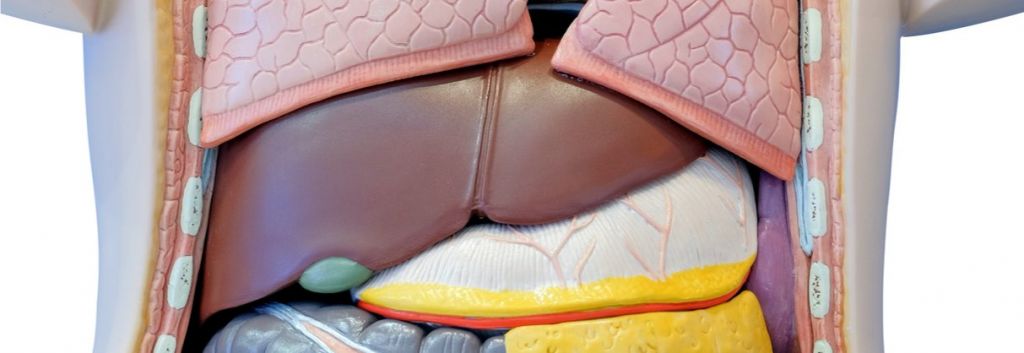Newsletter Signup - Under Article / In Page
"*" indicates required fields
ChemomAb kicked off its antibody efforts as a company in 2011, and its $10M Series B has attracted none other than Peter Thiel.
Israeli biotech has been attracting quite sizeable funds recently, largely those of UK investment outfit Arix Bioscience. Yesterday it was announced that Peter Theil, co-founder of PayPal and assassin of Gawker, led a $10M (€8.4M) Series B round of investment in ChemomAb, an Israeli startup developing a monoclonal antibody to treat nonalcoholic steatohepatitis (NASH).
ChemomAb’s antibody, CM-101, is fully humanized and targets a newly discovered protein that appears to be critical to the inflammation and fibrosis characteristic of NASH. It’s now in Phase I, thanks to its Series A of $5M; this new round will go towards advancing it further. Though ChemomAb seems to be counting on this one program, the company’s statement on the fundraising suggests it will try to branch out into other fibrotic (scarring) and inflammatory diseases.
Interview with CEO Adi Mor
Competition in NASH has been fierce, with companies like Genfit, Intercept, Genkyotex and Inventiva all going for a piece of the €37B pie that represents the market, to say nothing of pharma’s buying spree of Akarna, Nimbus and Tobira in the past few years. Genfit, however, is regarded as the leader after Intercept suffered a setback in its primary biliary colitis (PCB) program: 19 patients died after its lead candidate, Ocaliva, was approved, and the FDA issued a warning on the drug before its use could be expanded into NASH.
But while much might be made of being the first mover, Genfit CSO Dean Hum says that “it’s important to remember [NASH’s] high prevalence.” Up to 12% of adult US population has NASH according to a study he cited, and “that means a huge market.” So it’s likely that despite the dearth of more advanced NASH programs, Chemomab will find its own niche. As Hum says, “it’s a multifactorial disease, so it’s quite complex. With that market size and these different aspects, I think there’s going to be room for many different approaches.”
Image via Chiradech Chotchuang / shutterstock.com






